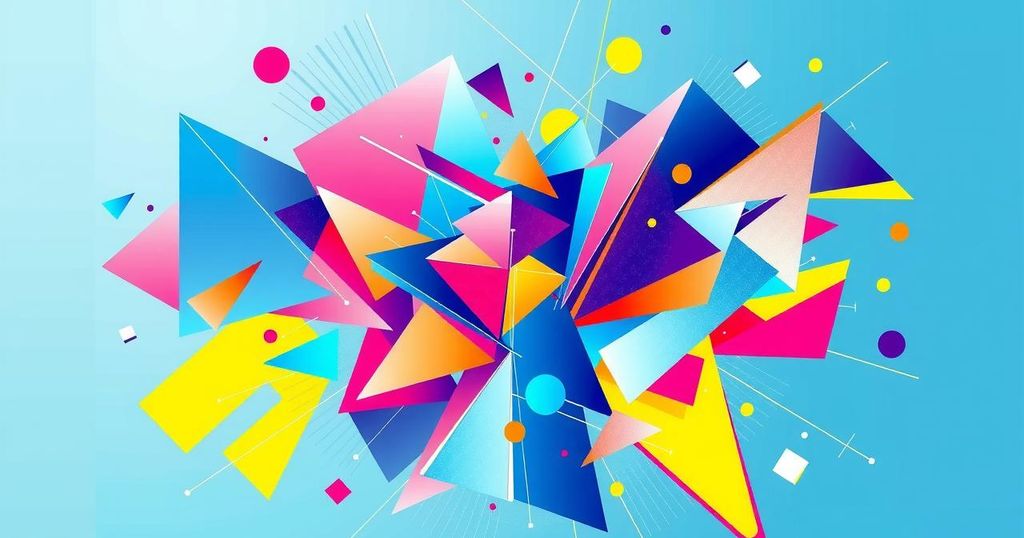Japan’s Landmark Arrests Over AI-Generated Pornography

Japan’s Tokyo Metropolitan Police arrested four individuals for distributing AI-generated pornography, marking a legal first. The suspects trained an AI tool to create explicit images and failed to comply with censorship laws regarding nudity. The incident has sparked debates about the relevance of such laws in the digital age.
In a notable legal shift, Japan’s Tokyo Metropolitan Police made the first-ever arrests related to AI-generated pornography on April 14. Four individuals, aged between their 20s and 50s, were charged with distributing obscene images generated through an online AI tool. They reportedly trained the AI using data depicting a woman’s body and prompted it to produce explicit images of fictitious women, selling these as posters online.
While generating AI images is not inherently illegal, the violations arose from their failure to comply with Japan’s censorship laws by not adequately blurring or mosaicking the explicit parts of the images. Consequently, some of their products, marketed as censored, were found to be uncensored upon delivery.
The group allegedly made significant profits, with one individual earning approximately 10 million yen (around $70,000) since October last year. Following the news, discussions erupted regarding the efficacy and relevance of Japan’s censorship laws. Many questioned whether such restrictions are effective in the digital age where uncensored content is widely accessible online.
Comments from the public reflected a mix of skepticism and concern about the moral implications of AI-generated content. Many suggested that the laws seem outdated, considering the prevalence of uncensored images available on the internet and the nature of AI creation. Discussions continue about the legality and societal impact of these practices, including the potential flood of uncensored content should regulatory changes occur.
This situation underscores the complex relationship between technological advancements in content creation and existing legal frameworks, raising critical questions about censorship and the future of digital art forms.
The recent arrests in Japan mark a significant development in the intersection of artificial intelligence and pornography, highlighting issues around censorship laws and digital content creation. As technology evolves, so does the conversation about legality and morality in the realm of AI-generated materials. This case emphasizes the need for a re-evaluation of outdated laws in response to contemporary digital realities, where access to such content is rampant and creates a landscape that challenges existing regulations. Ultimately, the arrests not only showcase the legal challenges surrounding AI in the adult industry but also prompt a broader discussion on the implications of censorship and the future of digital expression.
Original Source: soranews24.com





